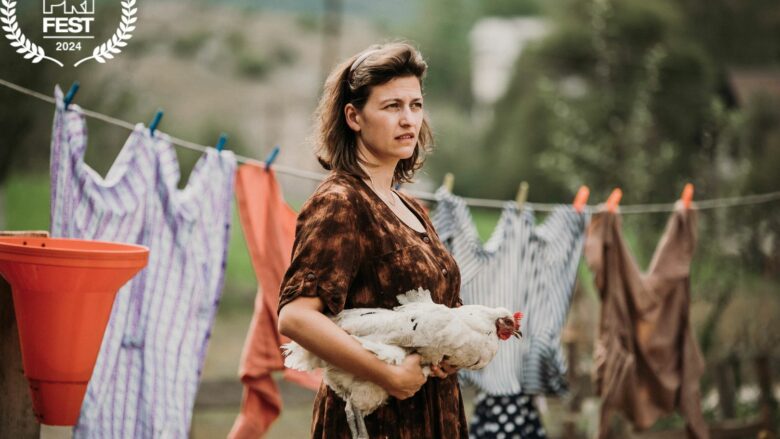Bulgaria’s Foreign Ministry on Thursday called for a fair court ruling and the dismissal of what it described as unfounded charges against Ljupcho Georgievski, head of the now-defunct Ivan Mihailov Cultural Center in North Macedonia, who is on trial for inciting ethnic hatred and xenophobia.
The Ministry said it had closely followed the case since proceedings began over two years ago, with Bulgaria’s diplomatic missions in Skopje and Bitola maintaining active engagement. Senior diplomats, including the Ambassador and Consul General, attended a key court hearing on May 21.
“We expect justice to prevail, although we regret that this process has already caused years of stress and disrupted the personal life of Mr. Georgievski, a Macedonian Bulgarian,” the Foreign Ministry said in a statement.
Bulgaria said it would continue to raise the issue with European Union partners, describing the trial as a “landmark case” for assessing North Macedonia’s commitment to equal treatment of its Bulgarian minority.
“This is a test of Skopje’s commitment to equal rights for Bulgarians,” the Ministry said, referencing diplomatic efforts led by Foreign Minister Georg Georgiev.
At Thursday’s hearing at the Basic Court in Bitola, former North Macedonian Prime Minister Ljubcho Georgievski—unrelated to the defendant—testified in defense of the accused. He argued that Ivan Mihailov, the controversial historical figure after whom the cultural center was named, was neither a fascist nor anti-Semitic, and had never been convicted in Yugoslavia, North Macedonia, or Italy, where he lived in exile.
Georgievski criticized what he called “double standards,” noting that while commemorations related to Serbian occupation proceed without issue in North Macedonia, Mihailov is now being judged for events that occurred more than 80 years ago.
The prosecution, led by Olivera Nechakovska, countered by citing an official opinion from the Institute of National History (INI), which labeled Mihailov a “negative figure” in Macedonian and European history. “Promoting Mihailov’s ideas means promoting calls for physical liquidation, collaboration with fascist and Nazi ideologies, and denial of the Macedonian nation’s distinct identity,” Nechakovska said.
The prosecution requested a conviction and appropriate sentencing, while defense attorney Naser Raufi argued for acquittal.
A verdict is expected within eight days.
Meanwhile, the nationalist Bulgarian party Vazrazhdane urged Parliament to respond to the case. Stoyan Taslakov, head of the committee for Bulgarians abroad, convened an emergency session to address the political implications of the trial.
The case has become a flashpoint in ongoing tensions between Sofia and Skopje over minority rights and historical interpretation.



